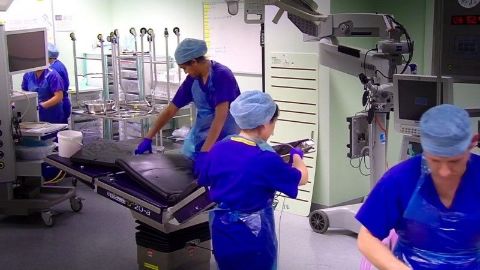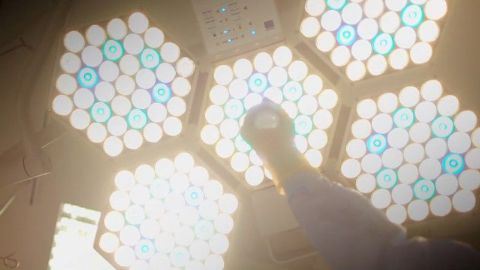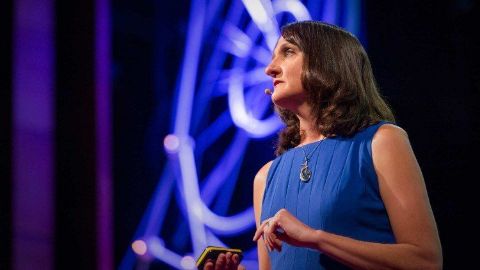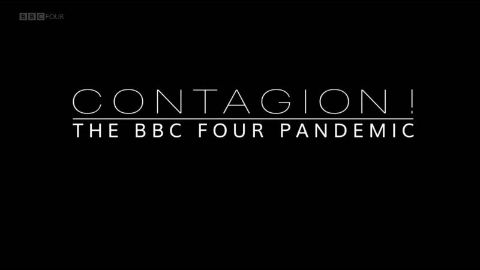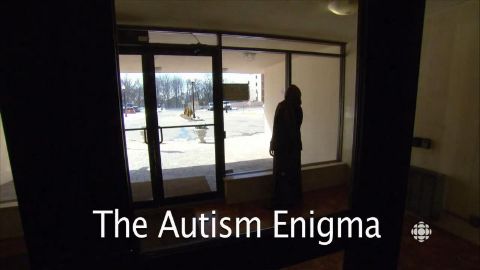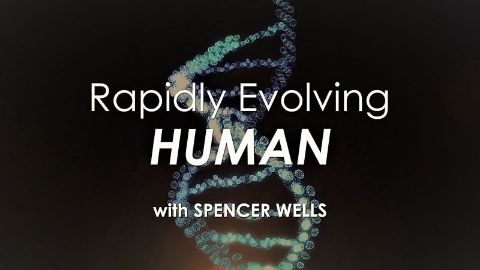The Longest Day • 2018 • episode "S1E1" • Surgeons: At the Edge of Life
Specialist maxillofacial surgeons Tim Martin and Sat Parmar prepare for a marathon operation on 53-year-old Teresa. Four weeks ago, Teresa was diagnosed with a fast-growing cancerous tumour in her face and she will die within weeks unless it is removed. The procedure involves radical surgery to the entire right-hand side of her face, and means she will lose both her upper jaw and right eye. It is an enormous undertaking for Teresa, and for Tim and Sat, too. Using 3D imaging, the team plan how to remove the tumour and, most importantly, how they will rebuild Teresa's face. Tim and Sat are all too aware that whilst removing the tumour will save her life, it will be devastating if she is left disfigured and unable to face the world. To give her the best possible outcome, they intend to fill the cavity left in Teresa's face with a section of bone and muscle removed from her hip, using a 3D-printed plastic guide that helps them cut out the correct shape bone.
Make a donation
Buy a brother a hot coffee? Or a cold beer?
Hope you're finding these documentaries fascinating and eye-opening. It's just me, working hard behind the scenes to bring you this enriching content.
Running and maintaining a website like this takes time and resources. That's why I'm reaching out to you. If you appreciate what I do and would like to support my efforts, would you consider "buying me a coffee"?
Donation addresses
BTC: bc1q8ldskxh4x9qnddhcrgcun8rtvddeldm2a07r2v
ETH: 0x5CCAAA1afc5c5D814129d99277dDb5A979672116
With your donation through , you can show your appreciation and help me keep this project going. Every contribution, no matter how small, makes a significant impact. It goes directly towards covering server costs.
